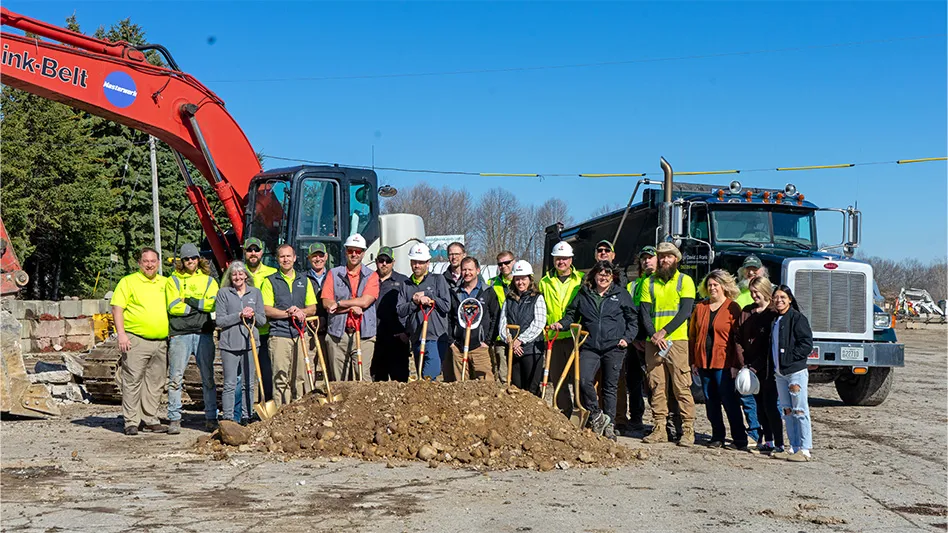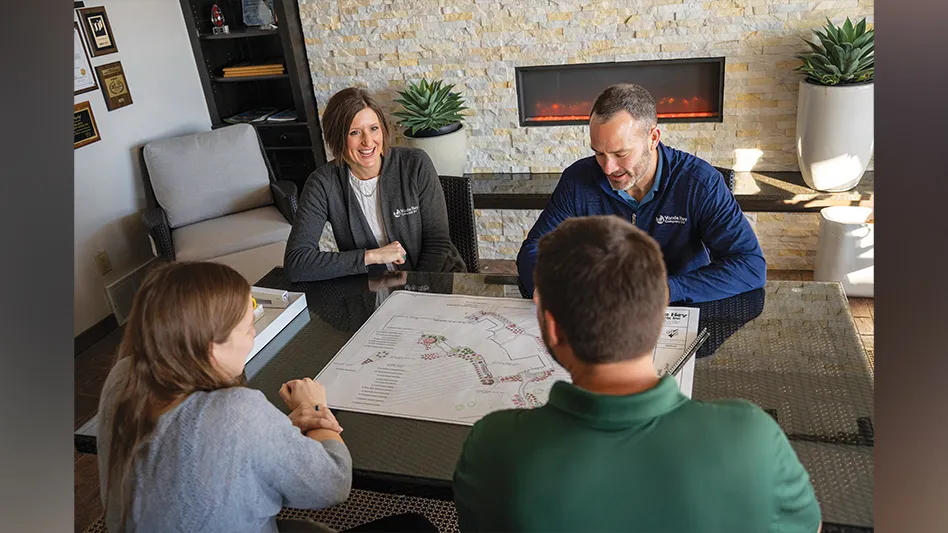BARTOW, Fla. – Nine months ago, 17-year-old Christopher Sankey was roaming Bartow's streets selling drugs, an offense that landed him in the Polk County Boot Camp.
Now the 18-year-old says he's more interested in landscaping and growing plants – the non-illegal type.
Sankey, along with 31 other boys and young men ages 14 to 18, is a participant in the Boot Camp's Vocational Greenhouse Program.
It teaches them how to cultivate vegetables, plants, herbs and even tilapia.
Ten years ago, the agricultural project for troubled youth was nothing more than an idea and an open field full of weeds.
Grants helped the barren field transition into a lush lawn that includes a greenhouse full of landscaping plants, collard and mustard greens, broccoli, banana trees and a tilapia farm.
"I never imagined it [the program] would be this big," says senior drill instructor Ralph Santiago, as he walked among the large tubs full of snapping tilapia.
After spending six months inside the walls of the detention center, residents graduate to Transition After Care (TAC), where they are allowed outside in the agriculture facility during the morning hours.
After three months of working in the program, the residents are released into their former environment with the help of a caseworker.
Alternative education teachers David Wiggs and Ray Holbrook, who teach math and science at the camp, say along with pride, work ethic and discipline, the young men are learning critical math and science skills that will help them when they leave the detention center.
Residents receive a certificate from the boot camp specifying the skills they've learned, and some have used those skills to start their own businesses.
A while back, Holbrook says, he bumped into a former resident who said he'd started his own landscaping business.
And those are the results Santiago is looking for.
"We hope it comes to a point where people come here and ask for our kids specifically," he says, referring to the specialized skills his residents are learning.
Already, the program receives requests for its landscaping services from schools, the new 911-response facility in Bartow and various sites around Polk.
Holbrook says the program has also saved the county thousands of dollars by designing and landscaping the "Welcome to Polk County" signs throughout the county.
Pastor David White of the Word of Life Christian Center in Bartow says the program also saves his church money because it receives the tilapia that the camp harvests.Latest from Lawn & Landscape
- Landscape Workshop acquires Cut Above Enterprises
- Scythe debuts new generation of M.52
- New identities
- Ruppert promotes Anderson to director of talent acquisition
- Fleet on the Street
- Man in the mirror
- EverSmith Brands appoints Ken Hutcheson as its new CEO
- Manitou unveils new Woodcracker tree saw with grapple





